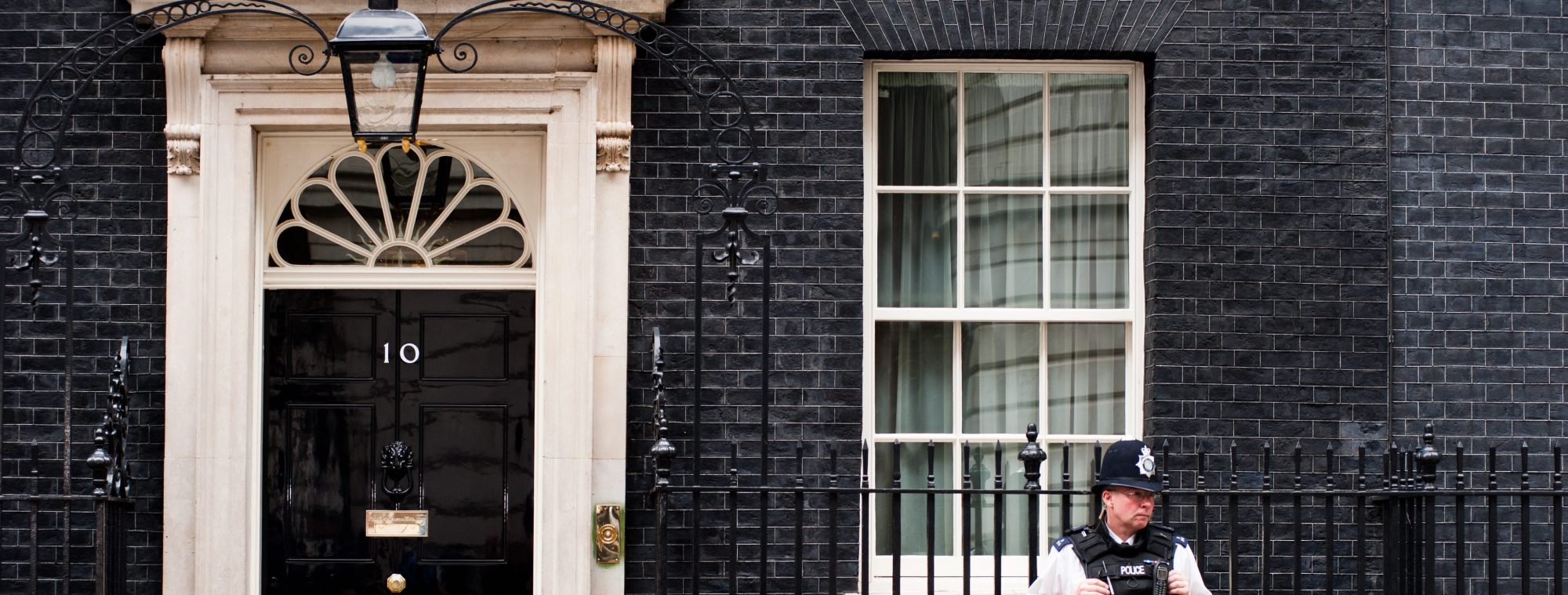CIEEM President Responds to Post-Election Uncertainty
After the surprising result of the general election, CIEEM has been considering what stance on environmental issues a likely Conservative-DUP government might take.
The Conservative manifesto maintained their commitment to be the first generation to leave the environment in a better state than they inherited it and they committed to produce a comprehensive 25 Year Environment Plan. They did not, however, include any environmental issues among their list of “giant challenges”.
Whilst the DUP manifesto was somewhat short on environmental content, it did argue for a new Energy Strategy for Northern Ireland which will include renewable energy. The DUP is known to have sceptical views on climate change, but the Conservatives pledged to continue to lead international action against climate change and it will be interesting to see how the policies of the new government form in this area.
The Conservatives also pledged to champion actions to prevent the degradation of habitat and loss of species, improving conservation co-operation within international bodies, protecting rare species, the polar regions and international waters. In addition, the Conservatives pledged to work with the UK’s Overseas Territory governments to create a Blue Belt of marine protection. The pledge to “press for a total ban on ivory sales” from the 2015 manifesto was, notably, lost.
Both parties were understandably very focused on the challenges of Brexit although the environmental implications of leaving the EU were not an explicit concern of either party. We therefore remain concerned about the level of priority that will be afforded to environmental issues by the minority government and CIEEM will continue to act as an honest broker offering evidence-based advice on the best ways to deliver benefits to the environment and society.
In the post-election cabinet reshuffle Michael Gove has replaced Andrea Leadsom as Secretary of State for the Environment. Mr Gove’s environmental credentials to date include trying (unsuccessfully) to get climate change removed from the Geography national curriculum and arguing that Brexit now gives the UK the chance to get rid of the EU wildlife protection laws that are holding business back, describing such regulation as absurd. CIEEM looks forward to the challenge of working with Mr Gove to develop policy that works better for both the environment and business.
CIEEM President, Stephanie Wray CEcol CEnv FCIEEM
